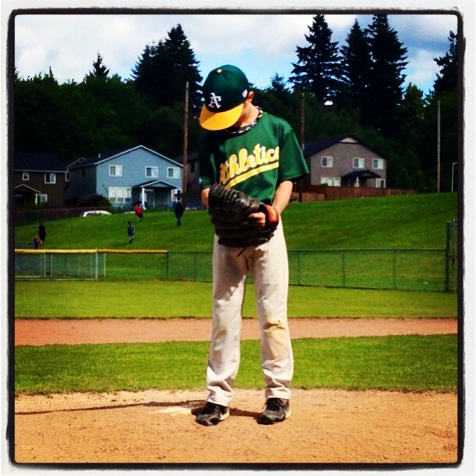 I have written on this before but after a couple recent brief conversations, I promised I would go into it further.
I have written on this before but after a couple recent brief conversations, I promised I would go into it further.
I have called plenty of pitches from the dugout (never every pitch though). Always with the intent to help my pitcher on the mound work on developing a certain pitch they need to build some confidence in or to show them how effective a certain pitch/location can affect the hitter and their comfort level.
With this though, there was always an understanding with my catcher that if the pitcher shook him off, he was to go with what they wanted. If they have a plan, are thinking, and feel confident in another pitch, then by all means, go for it. If they believe in a certain pitch in a certain count/situation, they will throw that pitch with more conviction than they will the pitch that I am suggesting.
If it ends up being a poor choice in pitch selection/location, then we can talk about it after the inning is over, or after the game is over and work through thoughts and ideas. With that in mind though, believe this…a pitcher can throw any pitch in any count and if they EXECUTE that pitch, their chances of success are very high. Too often we will get caught up in saying “That was the wrong pitch to throw, that’s why it was a hit” but it ALWAYS comes down to the execution of the pitch. Everyone on the field, and in the stands, may know the pitcher is going to throw a breaking ball and if he throws it where he is suppose to, he will win. If he leaves it up, the hitter should do with it what he trains to do, and he will win. BEFORE YOU SECOND GUESS A PITCH SELECTION, FIRST LOOK AT THE EXECUTION OF THE PITCH.
Now, if we have a young, raw pitcher, on the mound who is so new to it that there is no way they can try to repeat their delivery, focus on the glove and think about pitch selection, at the same time, AND a you have a young catcher who lacks experience too, then sure, let’s help them with pitch selection.
As you all know, I am a strong believer in development. Calling every single pitch for your pitcher and catcher, is not development. If you have a pitcher and/or catcher who has shown you that they are out there thinking, then let them go with it. If you feel that they made some poor choices in pitch selection, then talk through it later. Let them learn. Let them make some mistakes. Let them build some confidence in their own choices. LET THEM LEARN AND FIGURE IT OUT.
It always amazed me when we would get a pitcher, who was just drafted, and he had no idea how to call his own game. At that level, you are expected to be able to do this and when a young pitcher has his hand held every time they took the mound, as an amateur, this is the product. All talent, no smarts. The player who can think, play the mind games and out think their opponent, is the player who will advance quicker.
Coaches, please give the kids, your pitchers and catchers, a chance to call their own pitches. You saying that the pitch you call is the final word, that the pitcher has no option to shake off the catcher, is you saying you have one thing in mind, WIN.
Once again, it all comes down to development. Develop first, win second.
 Chris Gissell (174 Posts)
Chris Gissell (174 Posts)Founder of Baseball Dudes. Blessed with three beautiful children and an amazing wife. Baseball is my life, after my family, and I love sharing what I have learned from it. Thanks for taking the time to view what we offer here at Baseball Dudes.
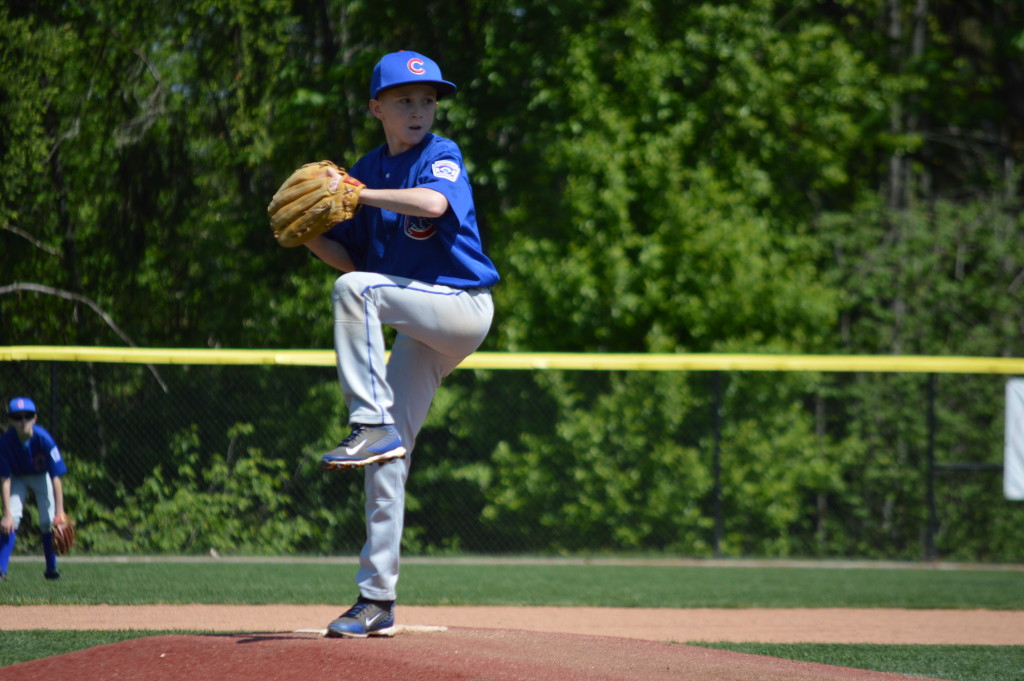 Parents and Coaches…
Parents and Coaches…




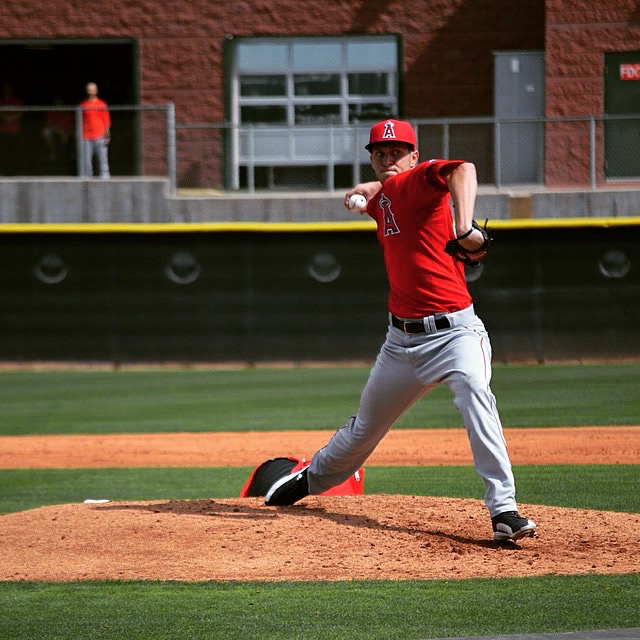 Both draw power from the lower half. Both need direction towards their target; Pitcher striding towards the catcher and the Hitter striding towards the Pitcher. Both use the hips to generate torque for the upper half to come through. Both need the upper half to stay closed as long as possible (until the stride foot hits the ground) for your upper half to come through with the most whip possible. They are both very similar to one another.
Both draw power from the lower half. Both need direction towards their target; Pitcher striding towards the catcher and the Hitter striding towards the Pitcher. Both use the hips to generate torque for the upper half to come through. Both need the upper half to stay closed as long as possible (until the stride foot hits the ground) for your upper half to come through with the most whip possible. They are both very similar to one another. Well neither does the person next to you, the person in front of you or the person behind you. I’m sorry to break the news to you but, you’re going to. You will do it more often than you would like to think about.
Well neither does the person next to you, the person in front of you or the person behind you. I’m sorry to break the news to you but, you’re going to. You will do it more often than you would like to think about.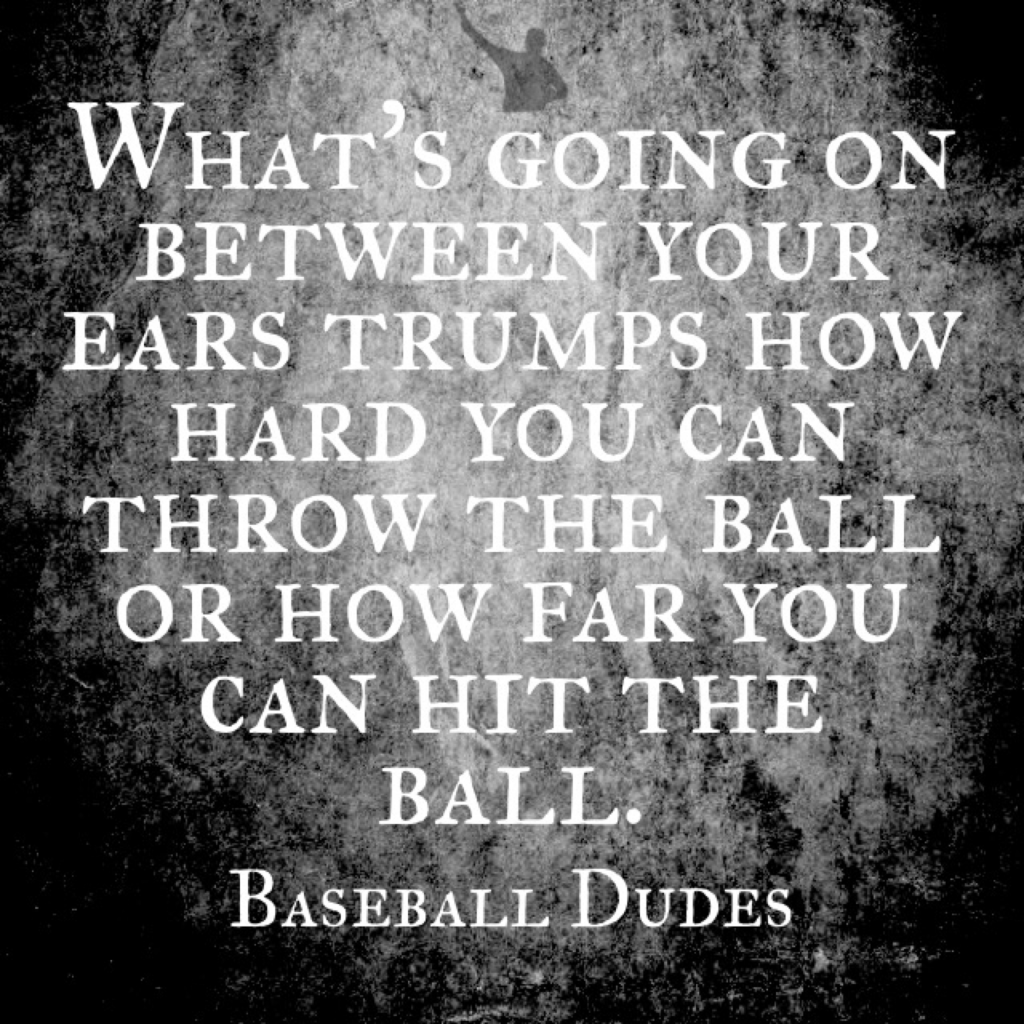 As a young player, I have no idea how many times this happened to me. I do know, though, that it was more than I would have liked. But to this day, all those moments have helped mold me into the parent and coach that I strive to be today.
As a young player, I have no idea how many times this happened to me. I do know, though, that it was more than I would have liked. But to this day, all those moments have helped mold me into the parent and coach that I strive to be today.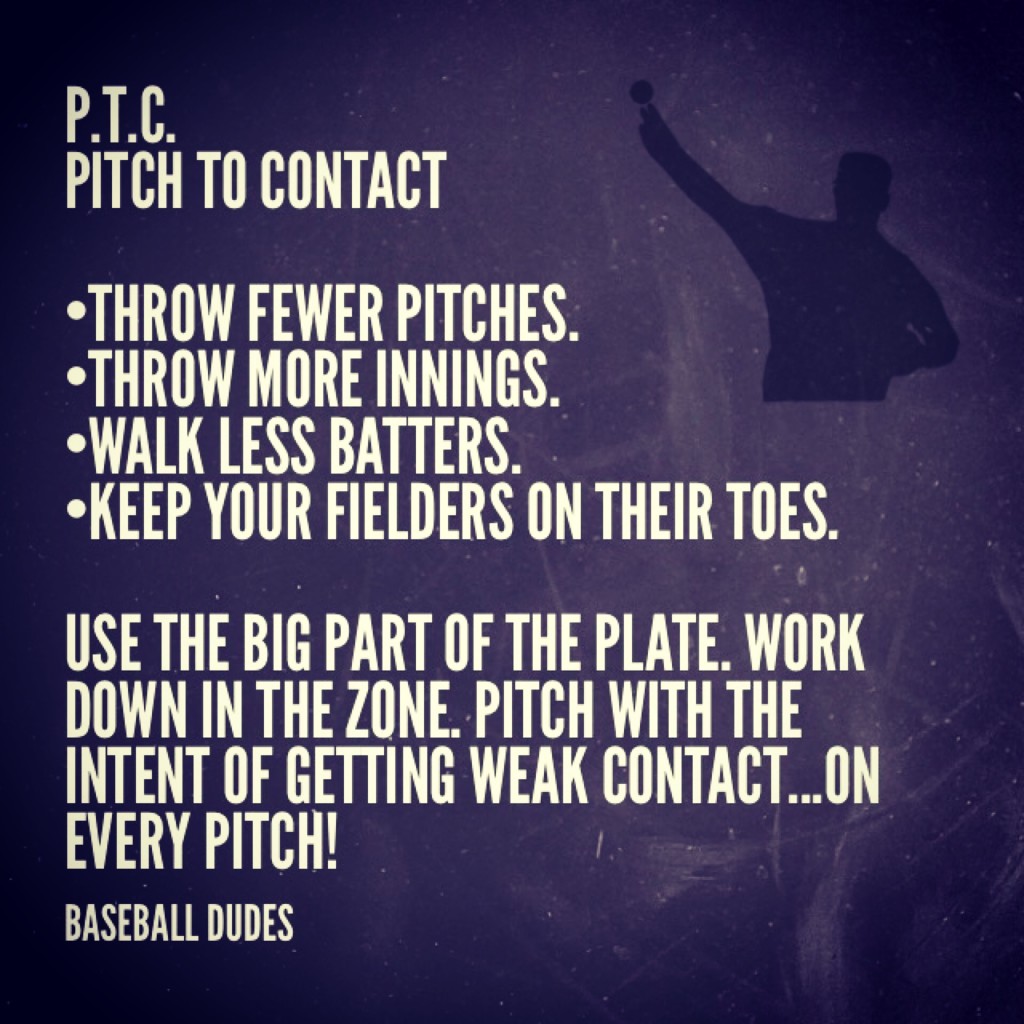 My last session of the day yesterday was with two of my High School students. Both are great kids, both are talented pitchers and both have the ability to play past HS, if they so desire.
My last session of the day yesterday was with two of my High School students. Both are great kids, both are talented pitchers and both have the ability to play past HS, if they so desire. I have written on this before but after a couple recent brief conversations, I promised I would go into it further.
I have written on this before but after a couple recent brief conversations, I promised I would go into it further.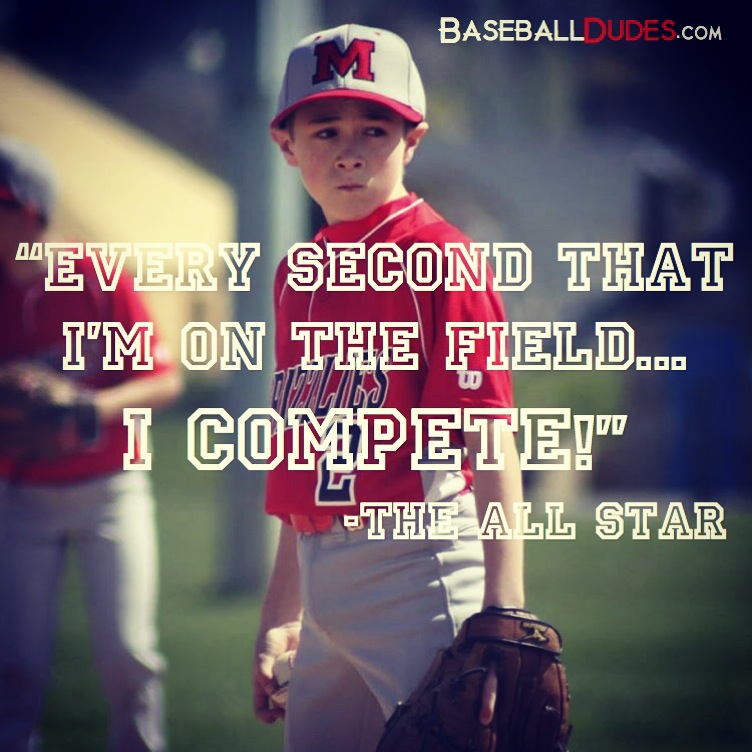 True competitors are often very emotional. They have the tendency to get very excited when great things happen and get very frustrated when things go against them. This is the nature of a competitor.
True competitors are often very emotional. They have the tendency to get very excited when great things happen and get very frustrated when things go against them. This is the nature of a competitor.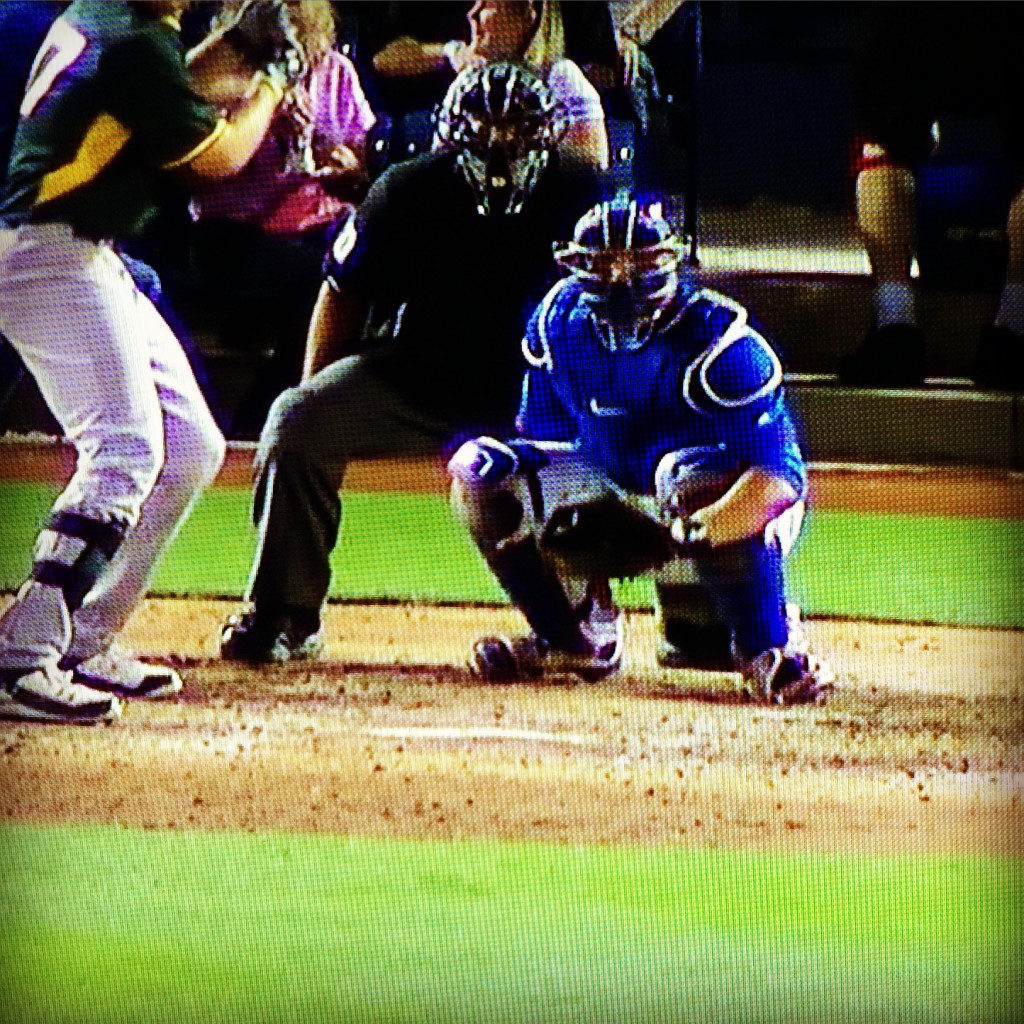
 Being around this game from the Little League level to the Big League level, one thing that is consistent from level to level is the human factor.
Being around this game from the Little League level to the Big League level, one thing that is consistent from level to level is the human factor.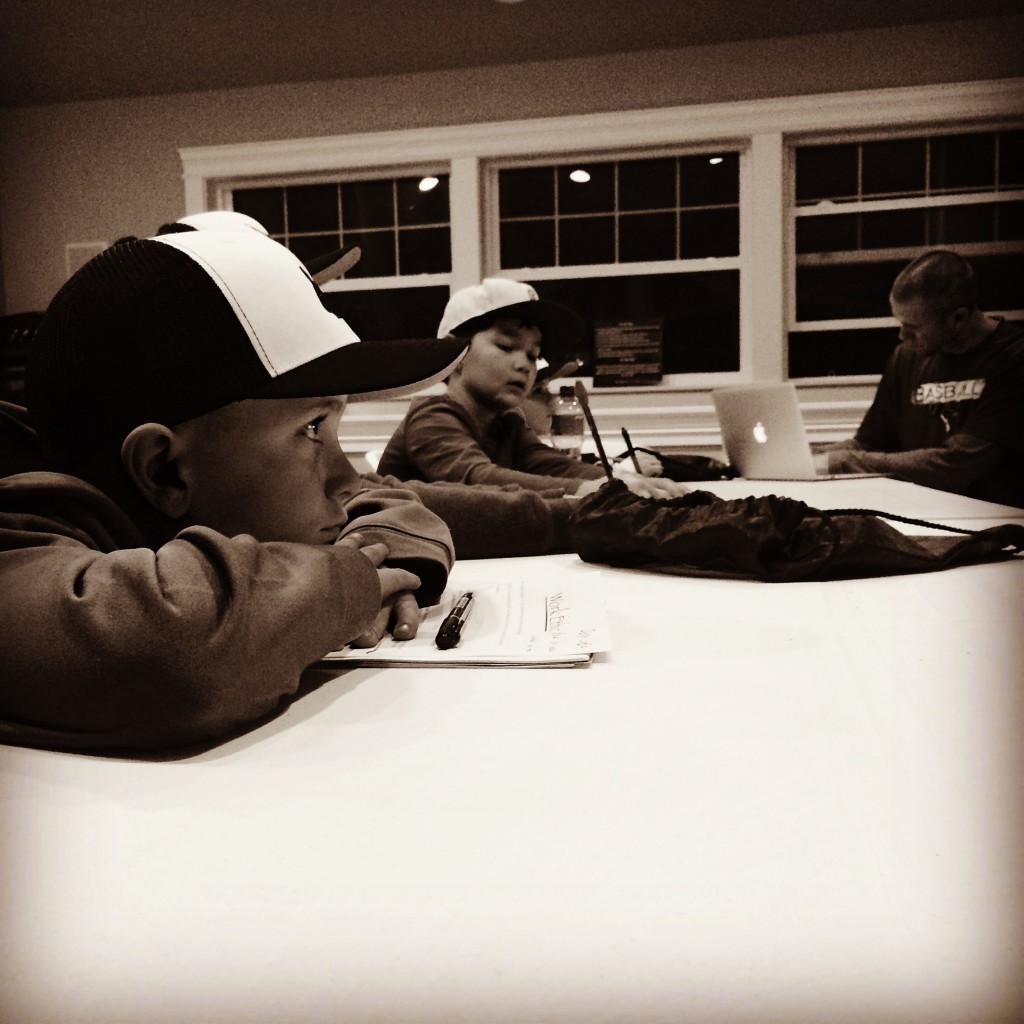 If you play this game long enough, you will most definitely experience failure over and over and over. I was blessed to play this game for a long time, briefly make it as far as you can, and experience some amazing highs and the lowest of lows. From MVP awards to not making it out of the first inning while giving up 6 runs and only getting one out!
If you play this game long enough, you will most definitely experience failure over and over and over. I was blessed to play this game for a long time, briefly make it as far as you can, and experience some amazing highs and the lowest of lows. From MVP awards to not making it out of the first inning while giving up 6 runs and only getting one out! BE SMART…Our PDP students will not pick up a baseball from October thru December. Somewhere along the line, the idea of throwing a baseball year round came about as a way to get ahead. Well…It’s Not! The arm needs a break. Time to heal up and give a player some time to play another sport, focus on the mental side of the game, focus on overall strength or just be a kid. I strongly recommend taking at least 2.5 months off of throwing, and 3 would be great!
BE SMART…Our PDP students will not pick up a baseball from October thru December. Somewhere along the line, the idea of throwing a baseball year round came about as a way to get ahead. Well…It’s Not! The arm needs a break. Time to heal up and give a player some time to play another sport, focus on the mental side of the game, focus on overall strength or just be a kid. I strongly recommend taking at least 2.5 months off of throwing, and 3 would be great!  I talk a lot about not letting teachable moments pass. This may be the most important part of a coach’s job. If done, and done correctly, this is where coach’s will see the most growth in the players no matter if they are 5 or 25. It’s the small details in a delivery, swing or the game that, if corrected, will turn average and below average teams into winning teams.
I talk a lot about not letting teachable moments pass. This may be the most important part of a coach’s job. If done, and done correctly, this is where coach’s will see the most growth in the players no matter if they are 5 or 25. It’s the small details in a delivery, swing or the game that, if corrected, will turn average and below average teams into winning teams. 